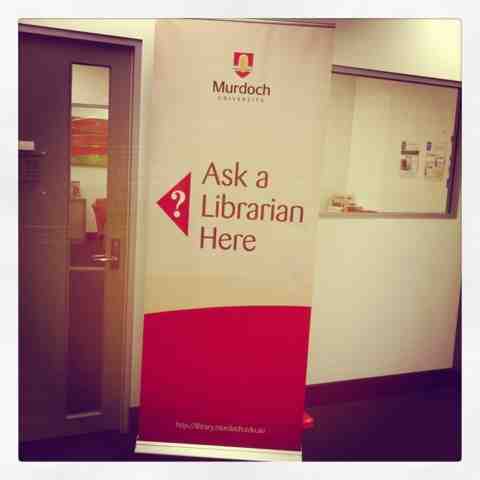Like many (most I would hope) people working in academic libraries, I have been seeing lots of discussion about MOOC's. And I even dabbled in a sense with a very informal one last year - the Power Searching with Google course.
But I really wanted to know what it was like to use one that was a little more formal and run through a 'normal' University, and the opportunity arose with the
Syracuse iSchool's Introduction to Data Science.
I also want to know more about data science - including 'big data' as this is an area which seems to be exploding and my knowledge has not kept pace!
So this course seemed ideal.
I am now nearly to the halfway mark - which isn't too hard as the fact that it is only 5 weeks made it appear manageable. And it has been very interesting.
There have been very few teething problems. The iSchool appears to have prepared well and resourced well with staff, and the only issues I have found so far are with powerpoint slides used in videos being often unreadable (for some they have supplied additional materials such as the original slides), and with a few technical things that are only issues because I (and to be honest a few others) are not used to how Blackboard works.
The program is basically - read the appropriate chapters of the text books (plus as many of the recommended readings/links that you would like), watch the videos (which are so far basically the key points of the text 'performed' for us), undertake two short tests, join in group discussions and be involved in a small group - which this week means be involved in uploading the results of a small group project/challenge for marking.
Initially I felt rather overwhelmed - especially when we downloaded R and starting playing with it. But I think I've been overthinking it a bit - when I stop being overawed, it doesn't seem too difficult.
And I haven't had to repeat any of my tests which is rather nice.
I did find in week 1 that I needed to find and do an additional tutorial on base conversion to stop my head from exploding. Once I did that, things became clearer in that area!
It's taking me a while to work through the steps - they suggested that 5-10 hours per week would be required to complete the material successfully, dependent of course on existing knowledge and skills. I think that is probably about right - because I haven't had that much to do with the 'basics' of data such as binary and base conversion, I've probably spent a little more time on it than that (or maybe it's just that little people interrupting on a regular basis spins the time out!)
I'm finding the group work interesting - of the 25 or so people who are meant to be in our group, only 8-10 have actually left a message of any sort in the group discussion area, and I'm now one of four who has put any input into the group challenge which is due in a couple of days. I understand that this is one area where MOOC's do have issues - the relationship building and group work can be very difficult as people collaborate from different timezones (often little or no real time discussions can happen) and with different technical skillsets.
Overall, I'm finding it a very interesting experience and I'm hoping that the knowledge that I gain from the actual process, as well as the material covered, will be useful in future discussions on MOOC's and their implications for our Universities, as well as our Libraries.


